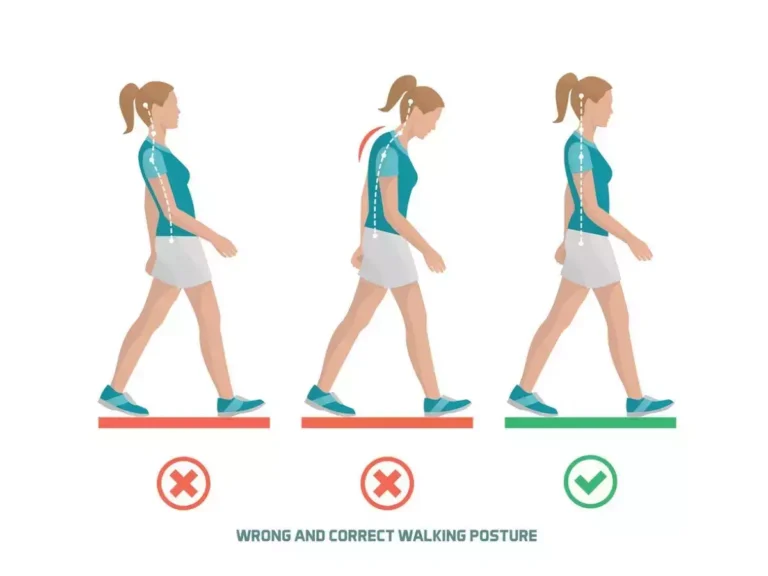Why People in Japan Live Longer: Secrets to the World’s Highest Life Expectancy

Japan is home to one of the world’s longest-living populations. With an average life expectancy of around 84 years, it consistently ranks among the top countries for longevity. But what is it about Japan that contributes to such impressive life spans?
In this article, we’ll explore the cultural, dietary, social, and healthcare-related factors that help Japanese people live longer, healthier lives. Whether you’re curious about adopting some of these habits or simply fascinated by global health trends, this comprehensive guide will provide valuable insights.
1. Traditional Japanese Diet: A Foundation of Health
One of the most well-known contributors to Japanese longevity is their traditional diet. It’s low in saturated fats and high in fresh, minimally processed foods. Here’s why it stands out:
a. High Consumption of Fish and Seafood
Fish is rich in omega-3 fatty acids, which are essential for heart and brain health. Regular consumption of fish reduces the risk of cardiovascular disease, strokes, and cognitive decline.
b. Plenty of Vegetables and Seaweed
Japanese cuisine includes a wide range of vegetables—like daikon, bamboo shoots, and sweet potatoes—along with seaweeds such as nori and kombu. These are loaded with fiber, vitamins, and antioxidants that fight inflammation and disease.
c. Soy-Based Foods
Soy products such as tofu, natto, and miso are staples in Japanese meals. They are high in protein, phytoestrogens, and isoflavones, which may reduce the risk of heart disease and cancer.
d. Portion Control and Presentation
The Japanese practice of “Hara Hachi Bu”—eating until you’re 80% full—promotes mindful eating and prevents overeating. Meals are also served in small portions, which helps regulate calorie intake.
2. Cultural Practices that Promote Mental and Physical Health
Japanese culture itself fosters habits that promote long life. These include a strong sense of purpose, community, and simplicity.
a. Ikigai: A Reason for Being
Many Japanese people believe in “ikigai,” a concept that means “reason for living.” It combines passion, mission, vocation, and profession. Having a strong sense of purpose, especially among the elderly, has been shown to reduce stress and increase lifespan.
b. Active Aging and Continued Employment
In Japan, people tend to stay active well into their 70s and 80s. Retirement is often delayed, and many seniors engage in part-time work or volunteering. Staying mentally and physically engaged helps prevent cognitive decline and promotes emotional well-being.
c. Strong Social Bonds
Japanese communities, particularly in Okinawa, are known for their “moai”—social support groups that last a lifetime. These networks provide emotional and practical support, reducing loneliness and stress.
3. Healthcare and Preventative Practices
Japan boasts one of the most efficient and effective healthcare systems in the world.
a. Universal Healthcare System
Every citizen in Japan has access to affordable, quality healthcare. Preventative care is emphasized, with regular check-ups that help catch illnesses early before they become serious.
b. Focus on Preventive Medicine
Rather than treating illnesses after they occur, Japan invests in preventing disease in the first place. This includes screenings, vaccinations, and education on healthy lifestyles.
c. Access to Onsen (Hot Springs)
Hot springs, or “onsen,” are a popular relaxation method that also offers health benefits. The mineral-rich waters improve circulation, reduce stress, relieve muscle pain, and even improve skin conditions.
4. Low Obesity Rates and Active Lifestyles
Japan has one of the lowest obesity rates among developed countries. This plays a significant role in reducing lifestyle-related diseases such as diabetes, heart disease, and stroke.
a. Daily Physical Activity
Walking and cycling are common forms of transportation. Children walk to school, and adults often walk to the train station or grocery store. Even the elderly stay physically active through gardening, tai chi, or morning exercises known as “radio taiso.”
b. Urban Design and Public Transport
Japanese cities are designed for walkability and public transit use, naturally encouraging movement throughout the day.
c. Physical Education in Schools
Japanese schools emphasize physical education and healthy living from an early age. Children are taught the value of exercise, hygiene, and nutrition.
5. Mental Well-being and Stress Management
While modern life in Japan can be fast-paced, many traditional practices help combat stress and improve mental health.
a. Zen and Meditation
Zen Buddhism influences many Japanese customs, emphasizing mindfulness, simplicity, and inner peace. Meditation and deep breathing are used to calm the mind and reduce stress.
b. Connection with Nature
Nature is deeply respected in Japanese culture. Practices like forest bathing (“Shinrin-yoku”)—the act of spending time in nature—have been scientifically proven to reduce cortisol levels and enhance mood.
c. Minimalism and Clean Living
Living simply and maintaining clean, organized spaces are seen as both spiritual and practical values. A clutter-free home environment reduces mental strain and promotes serenity.
6. Longevity Hotspot: Okinawa
Okinawa, an island in southern Japan, has long been studied for its high number of centenarians. Here are a few reasons why Okinawa stands out:
Diet rich in sweet potatoes, vegetables, and tofu
Strong community ties and social networks
Active lifestyles with light daily physical work
Low-calorie but nutrient-dense meals
Cultural values that support mental resilience and purpose
The “Okinawan diet” is particularly famed for its health benefits, consisting largely of vegetables, legumes, and seaweed, with very little meat, dairy, or sugar.
7. Clean Environment and Food Safety
Environmental factors also play a role in promoting good health.
a. High Food Safety Standards
Japan maintains strict regulations on food quality and safety, reducing the risk of contamination and foodborne illnesses.
b. Clean Air and Water
Compared to many industrial nations, Japan has relatively clean air and high standards for drinking water. Urban areas are often well-maintained and clean.
8. Respect for the Elderly
Japanese culture honors the elderly with deep respect and dignity. This positive cultural attitude helps older adults maintain a strong sense of self-worth and purpose.
National holidays like Respect for the Aged Day
Multi-generational households
Elderly participation in community events
Feeling valued and supported is key to emotional well-being and has a positive impact on longevity.
Conclusion: A Blueprint for a Longer, Healthier Life
The longevity of the Japanese people is no mystery—it’s the result of intentional living, mindful eating, strong social ties, and access to excellent healthcare. While not every aspect of Japanese life can be replicated elsewhere, there are valuable lessons to take from their way of life.
Key Takeaways:
Embrace a nutrient-rich, low-processed diet
Stay physically active in everyday life
Cultivate strong social bonds and purpose
Focus on prevention and regular health checkups
Practice mindfulness and spend time in nature
By adopting even a few of these principles, you can enhance not only your lifespan but also your quality of life.

